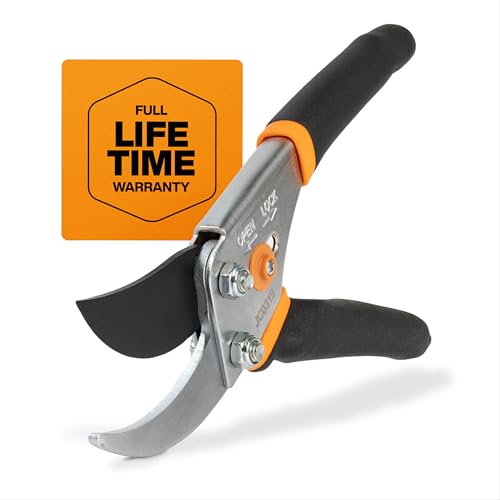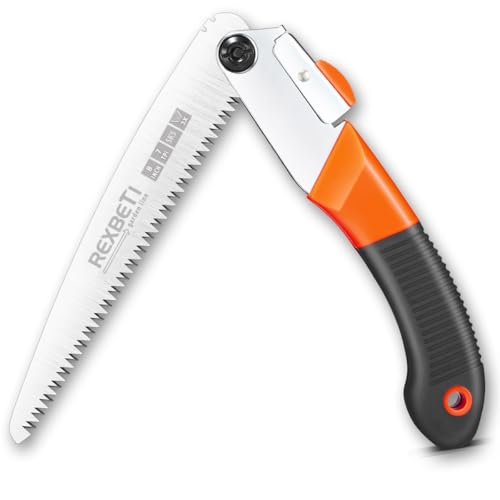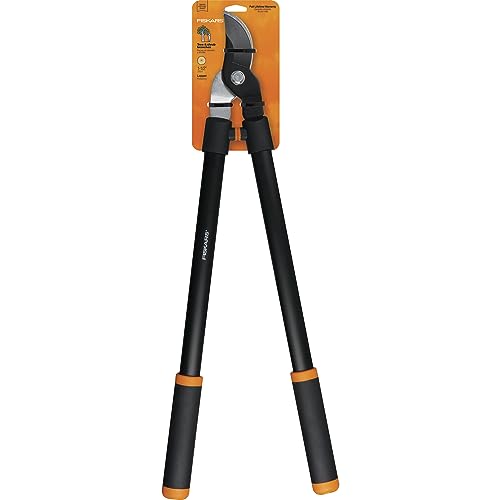How to prune buddleia – garden experts reveal the best methods and exact timing to encourage bountiful blooms
Pruning is key to keeping this butterfly magnet in the best shape possible

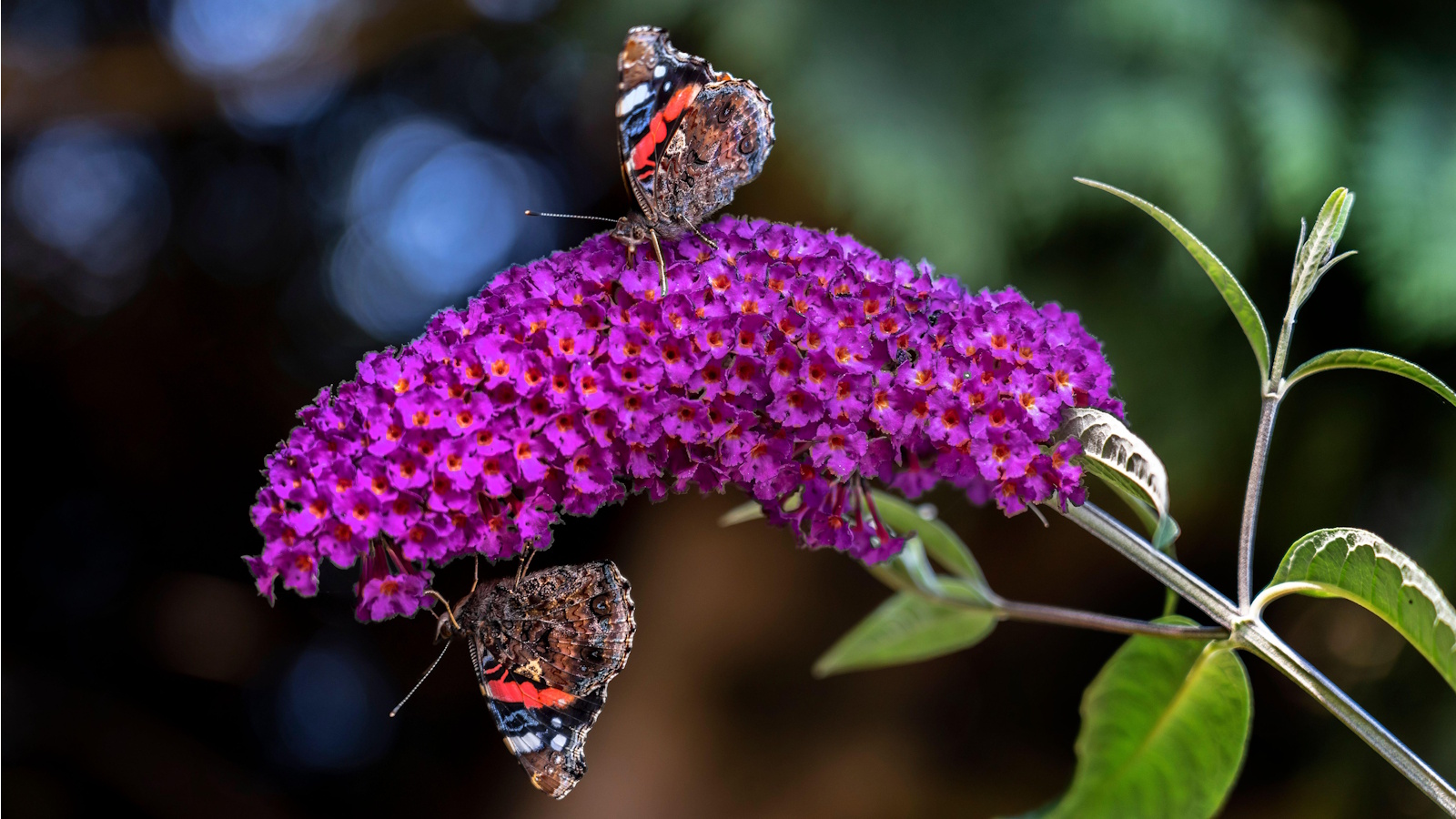
Design expertise in your inbox – from inspiring decorating ideas and beautiful celebrity homes to practical gardening advice and shopping round-ups.
You are now subscribed
Your newsletter sign-up was successful
Want to add more newsletters?

Twice a week
Homes&Gardens
The ultimate interior design resource from the world's leading experts - discover inspiring decorating ideas, color scheming know-how, garden inspiration and shopping expertise.

Once a week
In The Loop from Next In Design
Members of the Next in Design Circle will receive In the Loop, our weekly email filled with trade news, names to know and spotlight moments. Together we’re building a brighter design future.

Twice a week
Cucina
Whether you’re passionate about hosting exquisite dinners, experimenting with culinary trends, or perfecting your kitchen's design with timeless elegance and innovative functionality, this newsletter is here to inspire
It's important to know how to prune buddleia, and when to do it, to keep this vigorous shrub under control. Failing to do so can result in this popular and hardy plant becoming a little unruly.
Buddleia, also known as butterfly bush, makes an appearance in many backyards as a fast-growing shrub. Its pretty, conical-shaped blooms are a magnet for bees and butterflies, flowering in colors ranging from pink and white to lavender and deep purple.
But, it can be hard to know exactly how to maintain your buddleia. To help you out, we outline here how to keep on top of the pruning to guarantee your shrub puts on its best floral show.
When to prune buddleia
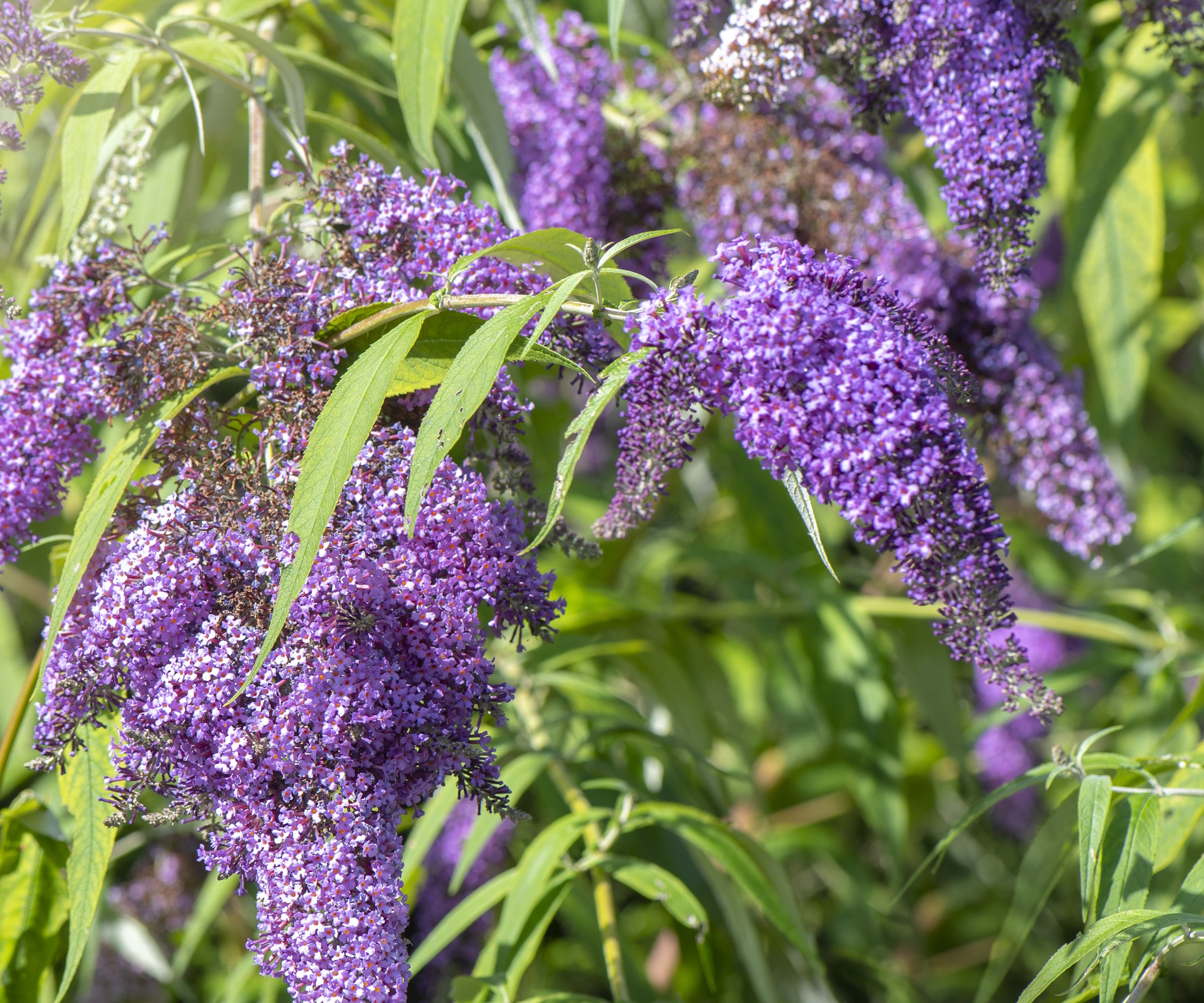
Before you get started with pruning your buddleia, you need to know when to cut back your butterfly bush.
Some perennials can be cut back in the fall to neaten up a garden ready for winter. However, don't be tempted to do this to your butterfly bush. This is because the loss of insulating branches and stored sugars may reduce their winter hardiness, explains Tony Avent, a plant expert and the CEO of Plant Delights Nursery in North Carolina.
'Generally, the best time to prune buddleia begins in early spring, but this will depend on the weather in your area and US hardiness zone for that year,' explains Nikki Bruner of Perfect Plants nursery in Florida.
'A good rule of thumb is to use the average last frost date for the zone, which is determined by the USDA,' she advises.
Design expertise in your inbox – from inspiring decorating ideas and beautiful celebrity homes to practical gardening advice and shopping round-ups.
Keep an eye on the weather forecasts, too, particularly if you live in a colder zone. If frost is predicted in your area, then hold off on pruning until the weather warms up.
Some gardeners will be able to commence pruning in March or even late February, whereas others may have to wait until early May.
It's also important to note that the correct time to prune can also depend on the variety of buddleia that you're growing.
Most of the Buddleia davidii cultivars flower on new wood, so by pruning in spring, you will encourage a bounty of new blossoms.
However, some buddleia cultivars, including B. alternifolia and B. globosa, flower on the previous season's growth, so cutting back in spring would remove the flower buds.
Therefore, for these exceptions, it's best to prune them in mid to late summer, after they've finished flowering. This is similar to pruning lilac and other flowering shrubs that grow on the previous year's growth.
It's also recommended to feed shrubs with general-purpose fertilizer after pruning to encourage strong growth. Burpee's Organic Granular Food, from Amazon, is well-rated.

Tony is a plant expert and the CEO of Plant Delights Nursery in North Carolina.

With a passion for plants and expertise in marketing, Nikki combines her knowledge of the nursery industry with her creative thinking to promote and highlight the exceptional offerings of Perfect Plants Nursery. She is dedicated to ensuring customer satisfaction and providing valuable insights for plant lovers.
How to prune buddleia
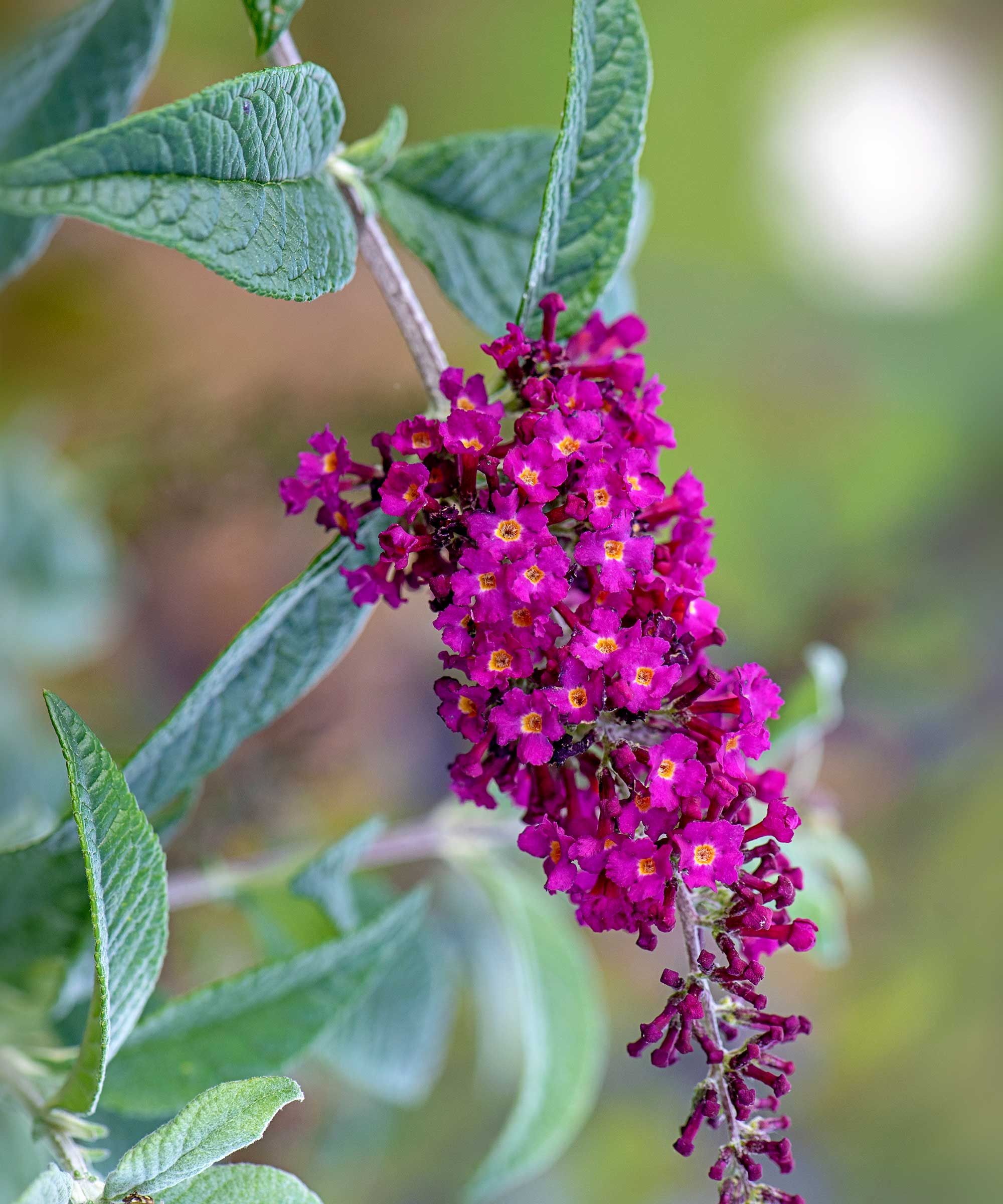
Some varieties of buddleia can become scruffy if left to their own devices and become a tangle of stems, so knowing how to prune buddleia will keep them looking good and encourage new growth and more blooms.
This in turn will help to attract butterflies and other foraging pollinators and beneficial insects who flock to the aptly named butterfly bush.
A further good reason for knowing how to prune buddleia is that 'it is considered an invasive species both unofficially and – in some states – officially, by their invasive plant councils,' explains Kathleen Connolly, landscape designer and founder of Speaking of Landscapes. So keeping your shrubs in check will help to curb their vigorous growth.
There are both deciduous varieties of buddleia and evergreen shrubs. Check which variety you are growing in your backyard before getting to work with the pruning shears and secateurs.
'Large buddleia hybrids will benefit from yearly pruning as they are weak-wooded and tend to split with age. Many of the commonly grown buddleia hybrids grow too large for the number of roots they produce. If they are not pruned annually, they will sometimes blow over in the wind,' explains Tony Avent.
To prune a buddleia bush, first make sure you have the correct essential pruning tools to hand, which will include pruning shears (from Amazon) or a pruning saw (from Amazon), and loppers (from Amazon).
To prune a buddleia that flowers on new growth: 'We generally cut the buddleia bushes back to one or two feet tall, but many can be cut to the ground and will recover fine,' explains Tony.
Other experts, however, advise against trimming stems down to the ground, as they feel this could cause damage to the plant.
'If the bush is at the back of a border and you need it to be taller, cut it back to make a frame that is anywhere up to about four feet high,' add the experts at seed specialists Thompson & Morgan.
Prune all the stems using loppers, and where possible, leave two or three sets of good buds.
To prune a buddleia that flowers on the previous year's growth: After the shrub has flowered, which will be in mid to late summer, depending on where you live, cut back all the stems that have flowered to healthy buds.
With all buddleia varieties, remove any weak, damaged or old, woody stems, or those that are rubbing against another branch.
FAQs
When should you deadhead buddleia?
Although buddleia plants should be given a proper prune in spring (or summer, depending on the variety), deadheading is different.
This is when you remove any faded blooms, and you can do this all through the flowering season to encourage more to grow. Other plants that benefit from deadheading include zinnias, dahlias, and coneflowers.
If you forget to prune your butterfly bush, it will still produce new growth. However, this will generally be by extending the existing growth, making for a tall and spindly plant.
So, an annual trim is worth the effort if you want to keep these shrubs looking their best. Just remember to stay clear of the common pruning mistakes while you carry out the task.
Shop pruning essentials
Rachel is senior content editor, and writes gardening content for homesandgardens.com, Homes & Gardens magazine, and its sister titles Period Living Magazine and Country Homes & Interiors. She has written for lifestyle magazines for many years, with a particular focus on gardening, historic houses and arts and crafts, but started out her journalism career in BBC radio, where she enjoyed reporting on and writing programme scripts for all manner of stories. Rachel then moved into regional lifestyle magazines, where the topics she wrote about, and people she interviewed, were as varied and eclectic as they were on radio. Always harboring a passion for homes and gardens, she jumped at the opportunity to work on The English Home and The English Garden magazines for a number of years, before joining the Period Living team.
- Tenielle JordisonGardens Content Editor
- Holly CrossleyContributing Editor
